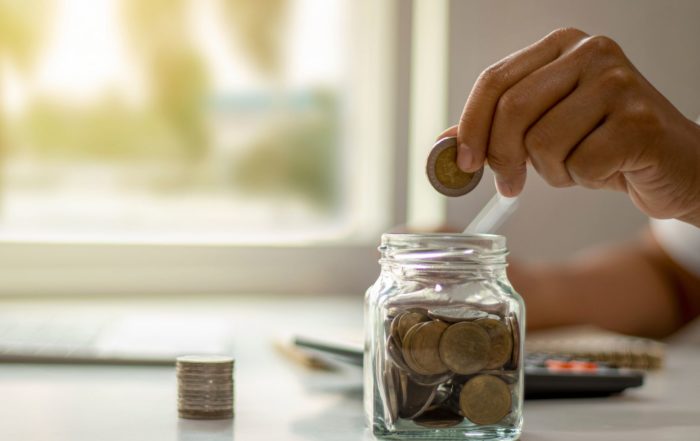Flexible biorefinery to valorise discards and by-products of the European fish and seafood production
LIFE REFISH
Project Description
The fishing and seafood industry is central to the food security and livelihoods of billions of people, yet its sustainability is challenged by the following practices:
- Discarding of unwanted catch back into the ocean, which results in e.g., wasted resources and higher mortality of species. The EU Landing Obligation (LO) aims to cease this practice, yet compliance is very low since landing discards is economically inviable for fishers.
- Unsustainable management of fish and seafood by-products, which results in e.g., loss of valuable resources and introduction of disease into fish populations (infected by-products are thrown back to the sea). Current valorisation of by-products into fishmeal is unsustainable due to low value generated.
To overcome these challenges, LIFE REFISH consortium joins key international fish and seafood players with the aim of upscaling and demonstrating a biorefinery able to valorise discards and fish and seafood byproducts into high value-added products. Through a set of interconnected valorisation processes (e.g., hydrolysis, nanofiltration, vacuum evaporation), we will obtain high quality and environmentally friendly protein hydrolysates, oils, mineral fraction, collagen hydrolysates, gelatines, fish mince, chitin and chitosan. Thanks to the high value of our products, we will be able to offer fishers a 3-6 times higher price for their discards or by-products than current purchase price for production of fishmeal or oil.
By 2030, we will minimise by 1.8% discarding in Spain and valorise 1.9% of the total amount of fish and seafood by-products produced by the Spanish fish and seafood industry. This way, we will reduce these wasteful practices and their detrimental impact on the marine environment (disease proliferation, mortality) and industry sustainability.

This project has received funding from the European Union’s LIFE Programme under Grant Agreement No. 101060814.
Project Details
- Call: LIFE-2021-SAP-ENV
- Grant Agreement no.: 101074323
- Consortium: 6 partners from Spain
- Coordinator: JEALSA
- Starting date: 01/09/2022
- Duration: 36 months
- Visit the project’s website

Project news
Project news
Ensuring an accessible bioeconomy: MainstreamBIO digital toolkit
Adopting the bioeconomy may feel a lonely journey, but it is not! Plenty of people have already implemented bioeconomy practices and initiatives. MainstreamBIO has developed a digital toolkit to help you learn about existing [...]
Innovarum attends the General Assembly of Like-A-Pro in Wuppertal, Germany
Our colleagues from Innovarum Adrián Escribano and Ana Díaz attended the General Assembly of LIKE-A-PRO, held at Codeks Factory in Wuppertal on April 9th and 10th, 2024. As pioneers in innovative solutions, we were [...]
Horizon Europe Cluster 6 calls: Insights and Recommendations for applicants
In our previous blog post, we delved into the success rate and average budget of the first 2024 call for proposals within Cluster 6, whose last deadline for submission was on 28th February. In [...]
Closure of Horizon Europe Cluster 6 Calls: Assessing the Impact
On February 28th, the latest round of calls for proposals under Cluster 6 of Horizon Europe ended. In this blog post, we delve into the success rate and average budget of the 2024 first call [...]
Innovarum participates in the KOM of OrganicClimateNET
Last 27th of February took place the Kick off Meeting (KOM) of OrganicClimateNET in Fulda, Germany. Innovarum was present as one of the partners of the project. A more organic Europe Recognising the key [...]
Tips to improve your EU project social media
If you want to improve your project's social media, you need a plan. Here are some tips to gain visibility, generate traction and increase your subscribers on social media: Know your target Not everyone uses [...]









